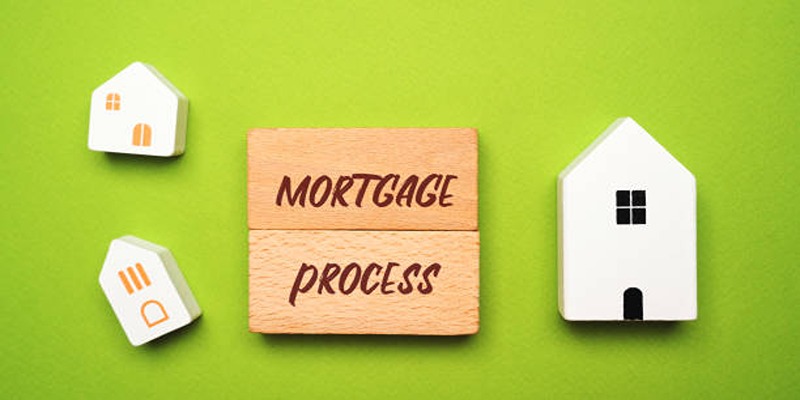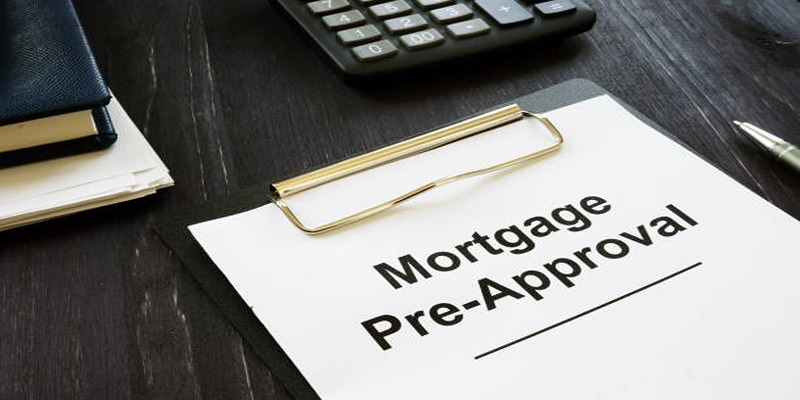When you're looking to buy a house, getting pre-approved for a mortgage is a crucial first step. Pre-approval means a lender has examined your finances and decided how much money theyre willing to lend you. It gives you a clear idea of what you can afford and shows sellers that you're a serious buyer. This process involves checking your income, credit history, and debts to determine your loan eligibility. Having pre-approval not only makes your home buying journey smoother but also speeds up the closing process once you find your dream home. Understanding mortgage pre-approval is key to successful house hunting.
What is Mortgage Pre-Approval?
Mortgage pre-approval offers a preliminary approval from the lending company based on customers credit report plus other factors. it provides you an approximate loan which you would get, the annual percentage rate and your monthly installments depending on the income, outstanding obligations and credit rating. This is a way for you to be able to know what price range to look for when searching for one.
Difference between pre-qualification and pre-approval
It is very important for a number of buyers to distinguish between pre approval and pre qualification as both terms are quite different from each other. This assessment is an informal one of your financial situation and your credit history is not examined in detail. In many cases it doesnt even resemble an informal estimate because it is what the lender thinks they can lend to the borrower. Pre-approval on the other hand, involves great consideration of your financial status, and takes a closer look at the amount of money you are capable of affording.
Types of Mortgage Pre-Approval

There are two types of mortgage pre-approval:
- Conditional pre-approval: This type of pre-approval comes with conditions that need to be met before the lender finalizes your loan. These conditions may include providing additional documentation, improving your credit score, or reducing your debt-to-income ratio.
- Unconditional pre-approval: Also known as a firm offer of finance, this type of pre-approval is a binding agreement between you and the lender. It means the lender has thoroughly examined your finances and is willing to lend you the specified amount.
It's important to understand which type of pre-approval you have as it can affect your home buying process. Conditional pre-approval gives you an idea of your purchasing power, but it's not a guarantee that you will get the loan. Unconditional pre-approval, on the other hand, is a more reliable indication that you'll be able to secure financing for your home purchase.
The Benefits of Getting Pre-Approved
1. Know your budget
Getting pre-approved for a mortgage helps you determine the price range of homes you can realistically afford. This saves you from falling in love with a house that is out of your budget and wasting time on properties that are not suitable. It also gives you a better understanding of your monthly mortgage payments, which can help with budgeting.
2. Show sellers you're a serious buyer
In today's competitive housing market, having pre-approval can give you an edge over other buyers. Sellers are more likely to take your offer seriously if they know that you have already been approved for a mortgage. This could potentially make the difference between getting your dream home or losing it to another buyer.
3. Streamline the buying process
Once you find your dream home, the last thing you want is for the closing process to drag on due to delays in financing. With pre-approval, most of the work has already been done, and the remaining steps can move more quickly. This can help you close on your new home faster and with less stress.
How to Get Pre-Approved for a Mortgage
- Find a reputable lender: Research different lenders and choose one that offers good rates and has a track record of successful pre-approvals.
- Gather necessary documents: You'll need to provide proof of income, assets, employment history, credit report, and any other relevant financial information.
- Apply for pre-approval: Fill out an application with the lender and submit all required documents.
- Wait for approval: The lender will review your application and documentation and decide if they are willing to pre-approve you for a mortgage.
- Receive your pre-approval letter: After approval, the lender will provide a pre-approval letter detailing the loan amount and terms.
Factors Lenders Consider for Pre-Approval
- Credit score: A higher credit score shows that you are responsible with your finances and increases your chances of getting pre-approved.
- Debt-to-income ratio: Lenders consider the amount of debt you have compared to your income. A lower debt-to-income ratio indicates a better ability to handle mortgage payments.
- Employment history: Stable employment history is seen as a positive factor by lenders, as it shows financial stability and the ability to make consistent payments.
- Assets: Having assets such as savings or investments can improve your chances of being pre-approved, as they can serve as a backup in case of financial difficulties.
- Down payment: A larger down payment can increase your chances of getting pre-approved, as it shows commitment and reduces the risk for the lender.
Common Mistakes to Avoid

- Waiting too long to get pre-approved: Many home buyers wait until they find their dream home to get pre-approved, which can delay the closing process. It's best to get pre-approved before starting your house hunt.
- Not comparing lenders: Different lenders offer different rates and terms, so it's important to shop around and compare offers to ensure you're getting the best deal.
- Making major financial changes: Making large purchases or changing jobs during the pre-approval process can affect your credit score and debt-to-income ratio, potentially jeopardizing your approval.
Final Thoughts
Securing a mortgage pre-approval is a crucial step in the home buying process. It equips you with a clear understanding of your financial capacity and strengthens your position as a serious buyer in a competitive market. By being pre-approved, you can confidently make offers knowing that you've taken the necessary steps to secure financing. Additionally, by understanding the types of pre-approval, documenting your financial situation thoroughly, and avoiding common pitfalls, you can ensure that your journey to homeownership is as smooth as possible. Remember, a well-prepared buyer is a successful buyer.





